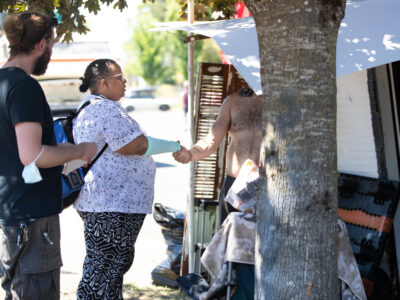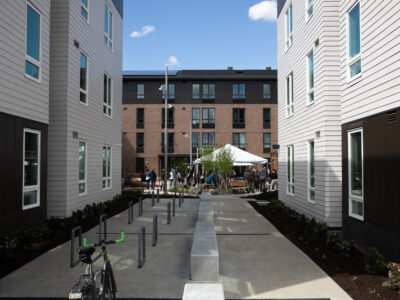Supportive housing
What is it and how does it contribute to ending homelessness?
What is supportive housing?
Supportive housing combines affordable housing assistance with supportive services focused on addressing individual needs. Supportive housing services include rental assistance, case management, behavioral health support, and more. Permanent supportive housing is a subset of supportive housing that’s designed for those living with disabilities who have extremely low incomes and past experiences of homelessness.
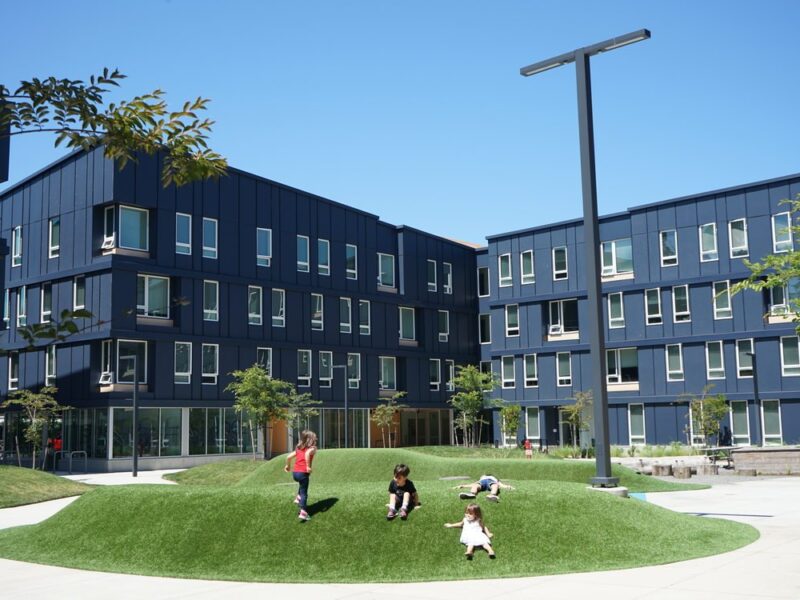
A proven approach
Studies show that supportive housing services benefit both individuals and the community. Living without stable housing often prevents people from addressing physical health conditions, and it can cause mental health conditions and substance use disorders to worsen. People with these and other health issues often end up in crisis situations while living on the streets, and emergency rooms become the only healthcare they can access.
Supportive housing interrupts this cycle. Studies show that it saves community costs in the long term by reducing the burden on emergency health services. Supportive housing can reduce arrests and incarceration, which can traumatize and stigmatize individuals and put further cost burdens on the community.
Wraparound services
How it works
Wraparound services begin with a caseworker who is able to provide connections to the larger support system, including community-based organizations. These wraparound services help people regain and maintain housing stability. Specific service areas include:
- Housing placement services
- Help paying rent (both short- and long-term rent assistance)
- Advocacy and case management
- Services in the areas of mental health, physical health, language and cultural needs, education, employment, addiction and recovery, and others
Health and wellness support
Supporting physical and behavioral health plays a central role in helping people remain housed after leaving homelessness. These supports may include providing access to physical and behavioral health services, and access to support and other interventions for people living with physical impairments or disabilities.
Substance use and recovery services
Recovery services are key for helping people with substance use disorders maintain housing. For example, the Promoting Access to Hope (PATH) program helps people access treatment. Connecting to behavioral health and recovery services can also help with retaining housing.
Partner Spotlight
Native American Rehabilitation Association (NARA)
Native American Rehabilitation Association (NARA) provides education, physical and mental health services, and substance use treatment that is culturally appropriate to American Indians, Alaska Natives and anyone in need.

Employment and reentry services
Job training and other services that help people reenter the job market play an important role in keeping people housed. These services help people sustain or regain income so they can afford to remain in housing. Services may include peer mentoring while learning job skills and building confidence for future employment opportunities.
Partner Spotlight
Central City Concern
Clean Start at Central City Concern is a six-month job training program where people can receive mentoring, learn job skills, and access other services including healthcare, addiction treatment, housing support, employment services and more.
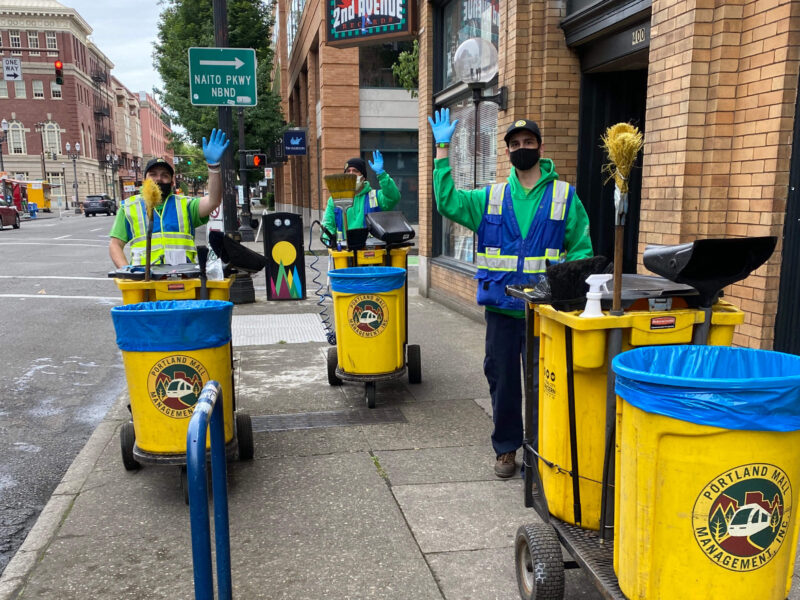
Rent assistance
Providing short- or long-term rent assistance is a key part of helping individuals retain housing. This may include subsidized rent assistance through programs like the Regional Long-Term Rent Assistance (RLRA) program. Rent subsidies allow us to house people without waiting for new construction to come online, allowing tenants to rent private-market apartments at rates they can afford.
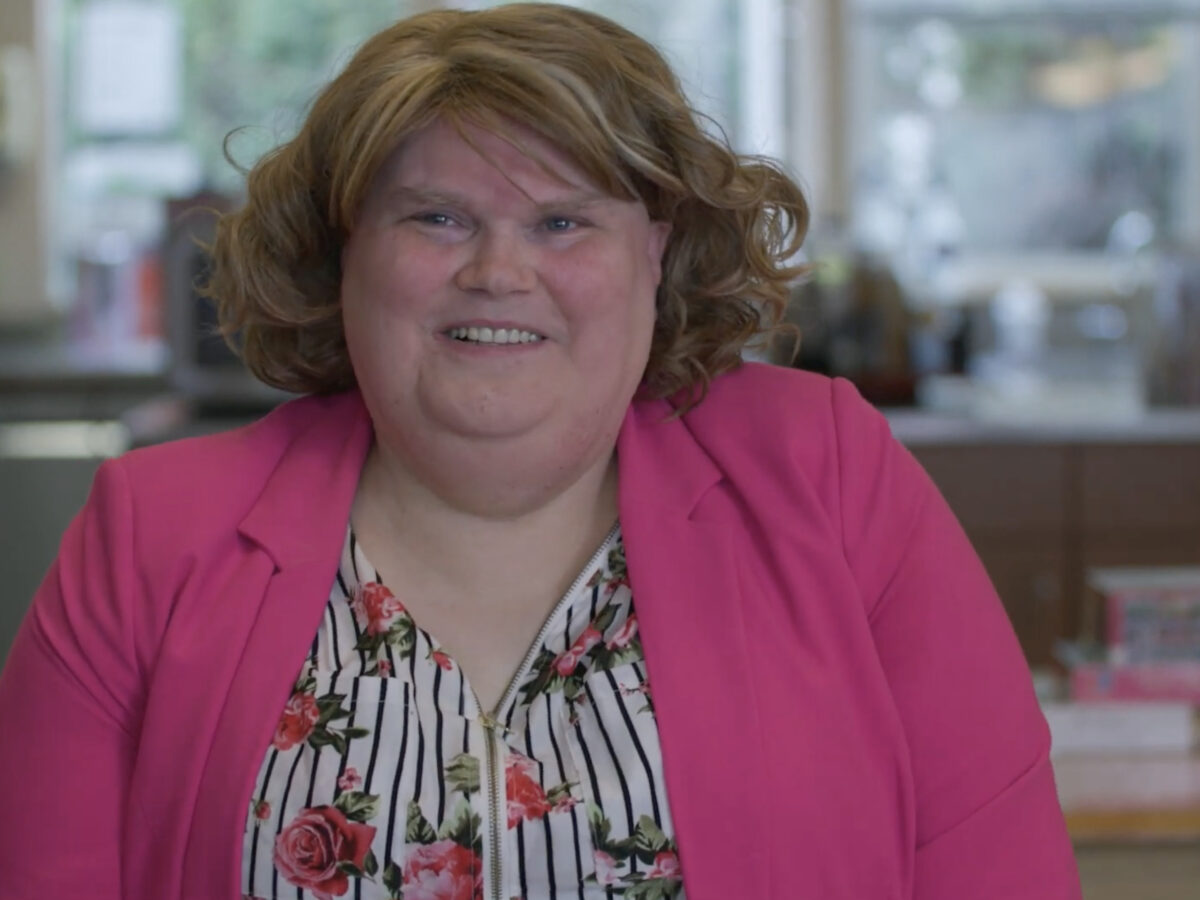
Featured Story


We deserve a place to go, a place to have hope.
Leah-Nora transitioned into Transition Projects’ Compass program, which offers permanent housing to trans and non-binary individuals.




